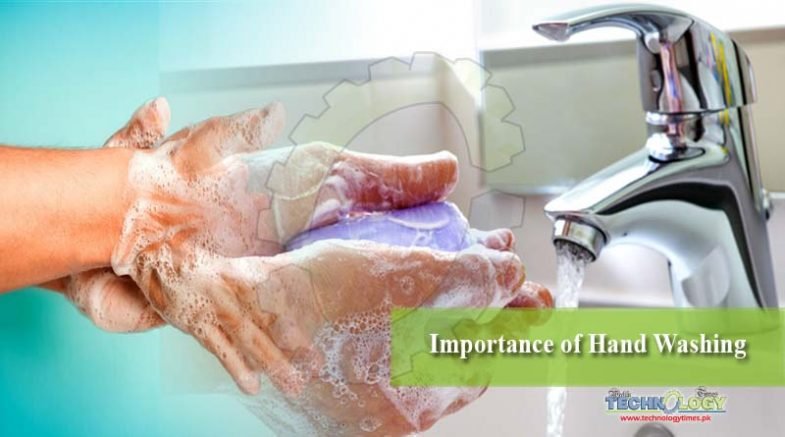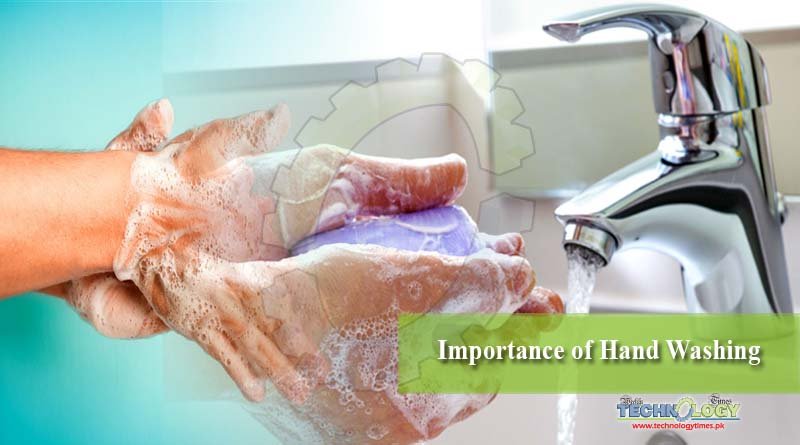Historically, the awareness about hand washing were taken for not only get rid of dirt, but also to protect public from physical illness.
 Health is very important in our life and is illustrated by the proverb: “Hygiene is two thirds of health”.
Health is very important in our life and is illustrated by the proverb: “Hygiene is two thirds of health”.
After an appropriate unveiling of medicines, the idea to the role of hands in transmission of infectious diseases took its origins. Since then, hands were recognized as a main source of transmitters of disease and proper hand washing becomes the first line in defense against spreading bacteria and infections. Thus, the hand hygiene itself were recognized as a victory for every person, except the harmful germs and associated toxicities. An adequate knowledge about this and its practicality can directly affect the health care system.
The most common diseases that can be spread through hand to hand contact are the common cold, flu, diarrhea, and also some intestinal disorders. These diseases affect people who are more susceptible to infectious sicknesses such as those with reduced defenses including the elderly or even very young children. Other consequences of not washing the hands or improper washing of hands includes food related illnesses, i.e., E. coli infection or Salmonella. These conditions can also lead to intestinal problems that cause severe diarrhea and vomiting.
In the light of aforementioned facts, it is highly needed to alert people about proper hand hygiene so they should be able to perform it properly and at the right time. The training and demonstrations of proper hand washing in school educational program actively engages students in learning the potential effectiveness of hand washing with amazing result. Learning of this habit at an early age and can take this with them as they go through life. Of equal importance is also hand washing among young children.
Meanwhile, the education of hand washing is not only require at the school age but also to other citizen especially living in remote area of the countries. It is reported that many people who do not wash their hands during critical times comes from the rural areas as compared to those from the urban areas. Contaminated hands of health care workers are a primary source of infection transmission in health care setting.
To promote a good hand hygiene; effective communication and education about infection control, reminders, and conveniently located dispensing equipment with hand sanitizers are needed. Keeping in view the need of hand washing, “Global Hand Washing Day” is celebrated as a global advocacy day to increasing awareness about the importance of hand washing with soap as an effective and affordable way to prevent diseases and save lives. Improvement of hand sanitation practices can present strong patient safety culture.
Regular hand washing, involves five simple and effective steps i.e., wet, lather, scrub, rinse, and dry to reduce the spread of acute diarrheal and respiratory illness. The efficacy of the hand washing depends upon the time taken and the technique used. The average duration reported by several researchers were between 8 to 20 seconds; whereas trial experiments shows that the greatest reduction against contamination is achieved in the first 30 seconds. Extending it to 1 minute further reduces the release of bacteria from hand.
In Pakistan, infectious diseases are a source of major problem for which ‘The World Health Organization (WHO)’ initiated hand hygiene campaign throughout the country. According to various survey reports, more than 20 million people in Pakistan do not wash their hands with soap and clean water at recommended critical times that leads to a number of health issues and diseases. While more than 60 million do not wash their hands after handling their toddler’s or after changing babies diapers. Likewise, more than 50 million women’s do not wash their hands before feeding a child.
Unfortunately, such practices have a negative impact on the health of children. The response from the survey also shows that females had a greater perception about hand hygiene procedure among males. The lack of hand washing practices at those area is probably because of the unavailability of safe water or soap for effective hand washing practices. Furthermore, the feasibility of installing sinks is compromised in places where water supply is limited.
The roadmap has been rolled out nationwide and we as a ‘Nation’ will continue to collaborate with the government, donors and other developmental partners to ensure that everyone, especially children and women, have access to basic hygiene services.
Let’s marked reduction of various diseases by making this recommendation into a routine custom among the people at every corner of Pakistan..!
